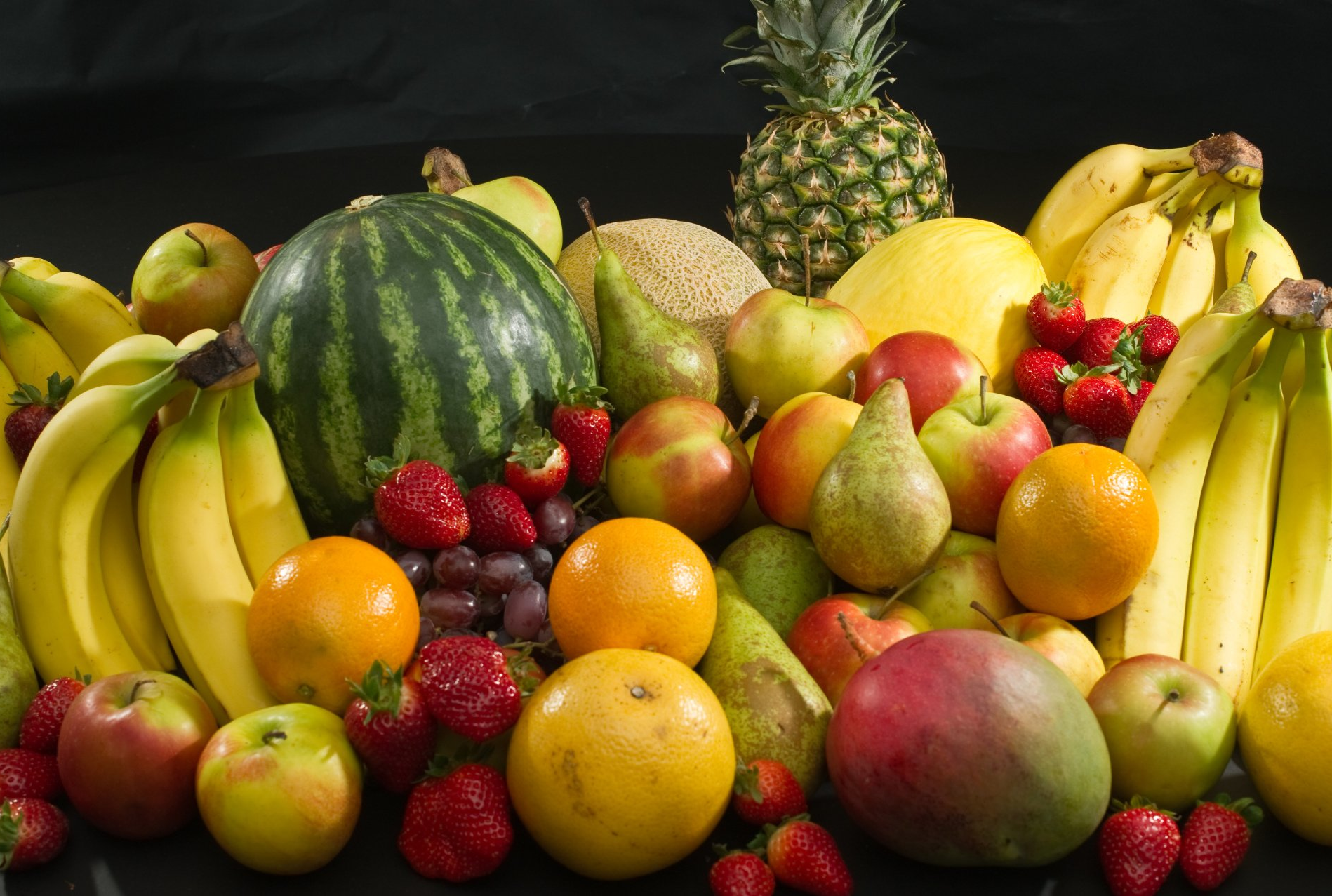Misconceptions About Kwanzaa: Should Afrikan Souls Deny Their Own Cultural Observance Because of an Individual’s Wrong Doing or Alleged Wrong Doing?
- By kwende ukaidi
- •
- 03 Dec, 2021
- •
Celebrating the Wonderful Observance of Kwanzaa

Afrikan people have throughout the ages cultivated themselves
to establish the world’s greatest and most enduring civilisations. Afrikan
souls are renowned to hold their natural norm of rightful order throughout life’s
expression and were observed by others as being the ‘most just of all men’ and ‘blameless’.
Afrikan souls identified disorder and disfunction with the conceptions such as
that of Isfet and Yurugu. Here, each Afrikan held the responsibility and duty
to safeguard themselves from disorder and express their natural norm of righteous
living.
With the interruptions and disruptions of the Maafa in recent centuries, the natural norm of Afrikan rightful order and living has been subject to severe attack.
Through the tremendous works of the Us Organisation, Kwanzaa has emerged as a wonderful and powerful cultural observance in the thrust to restore Afrikan culture and rightful living to its people throughout the world. As a result Afrikan people now have their own empowering and deeply meaningful progressive cultural observance of seven-day duration to energise and uplift themselves.
Any wrongdoing or alleged wrongdoing of any individual who is involved in Kwanzaa pale’s into insignificance as this magnificent holiday rightfully continues to lift Afrikan souls throughout the Afrikan world community. For as Afrikan souls restore themselves at the rooted cultural level so too will their own pinnacle heights of righteous order be restored. In this, alien impositions and contaminates of ill are purged, wrongdoing can be revealed truthfully, admonished and just living can prevail. As a necessary part of the process, it is for every Afrikan to avoid wilful disorder and wrongdoing and be responsible to do that which is rightful.
Illustratively, an cursory examination of a holiday popularised in Europe via the Romans is described in the following way by a mainstream source:
“The church in Rome began celebrating Christmas on December 25 in the 4th century during the reign of Constantine, the first Christian emperor, possibly to weaken pagan traditions”.
According to another mainstream source Constantine committed a number of horrific acts:
“In 326, Fausta was put to death by Constantine, following the execution of Crispus, his eldest son by Minervina. ... Later he locked his wife Fausta in overheated baths and killed her”.
This is not in anyway suggesting that anyone involved in Kwanzaa has committed such ghastly deeds. Certainly, Afrikan people in this present condition have not yet restored themselves to the level of empire with an emperor. Nor would an Afrikan empire naturally function in the Roman way. Indeed, Afrikan people are imperatively restoring themselves to optimal living for rightful order to prevail whilst having to contend with the disfunction of alien ills.
The point here is that those who follow the Roman popularised tradition value their way of life and their holiday more so than the murderous deeds of an individual Roman emperor, albeit that he birthed its popularity in Europe.
The wonderful observance of Kwanzaa is a magnificent cultural observance of and for the entire Afrikan world community. Surely, Afrikan people value themselves , their own way of life and their own cultural observances more so than an individual's deeds or alleged deeds of wrongdoing. Attempts to bogusly reduce the powerful and progressive Kwanzaa celebration of the Afrikan world to the level of an individual’s wrongdoing or alleged wrongdoing is far worse than just being a gross misconception.
Kwanzaa is one of the essential cultural observances of life within the Universal Royal Afrikan Nation. The Universal Royal Afrikan Nation (URAN) is an Afrikan-centred spiritual and cultural mission for ascendancy that embodies living spiritually and culturally rooted life. To find out more about URAN and its spiritual-cultural mission for liberty and nationhood click here. The exquisite URAN pendant can be obtained online by clicking here.
In his capacity as an Afrikan-centred spiritual cultural practitioner this author is available for further learning in this regard and also for the carrying out of ceremonies such as naming and name reclamation. For details please click here.
Afrikan World Studies programmes are an important forms of study in understanding the Afrikan experience. There are a range of subjects covered on these programmes including History, Creative Production, Psychology and Religion. To find out more about these learning programmes please click here. For the video promo for these learning programmes click here.
Also, in the approach to the important cultural observance of Kwanzaa, the text: From Pert-En-Min to Kwanzaa - A Kuumba (Creative) Restoration of Sacred First Fruits by this author is available to purchase online here. This publication provides informative detail on the of the Kwanzaa celebration. You can also visit the institution of Yemanja to pick up a copy.
At nominal cost, also consider acquisition of an a4 laminate poster of articulations by this author when visiting the Yemanja institution to enrol, consult, learn, gather or otherwise.
Also, visit www.u-ran.org for links to Afrikan liberation Love radio programme on Universal Royal Afrikan Radio online.
